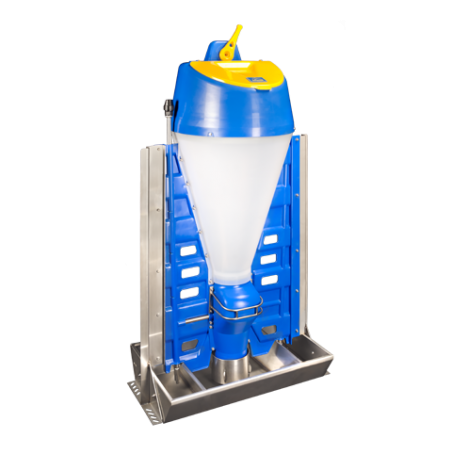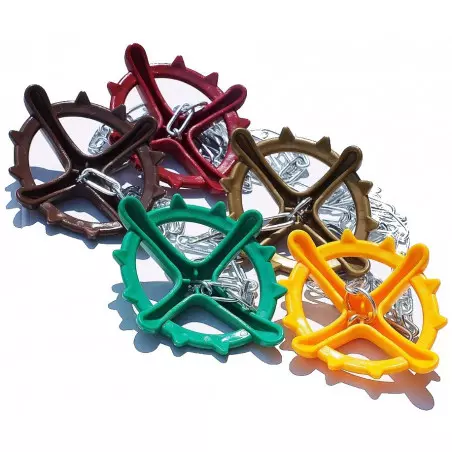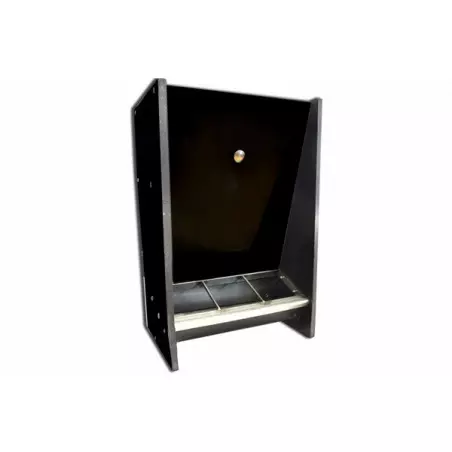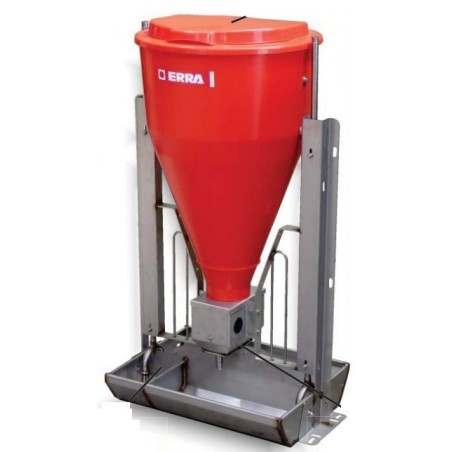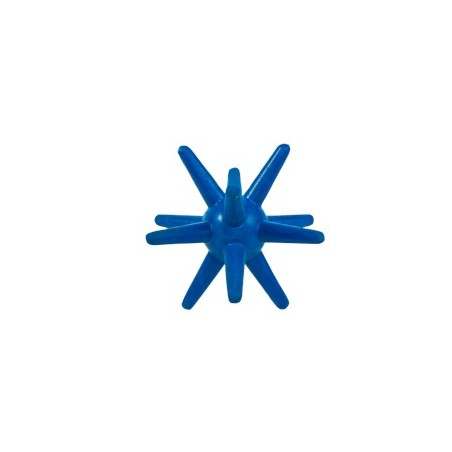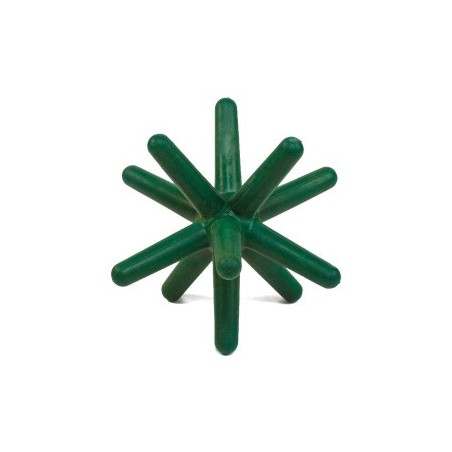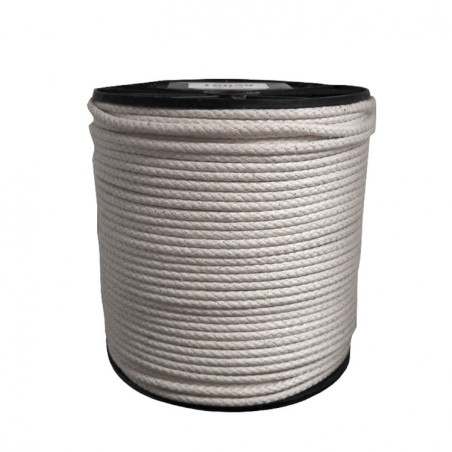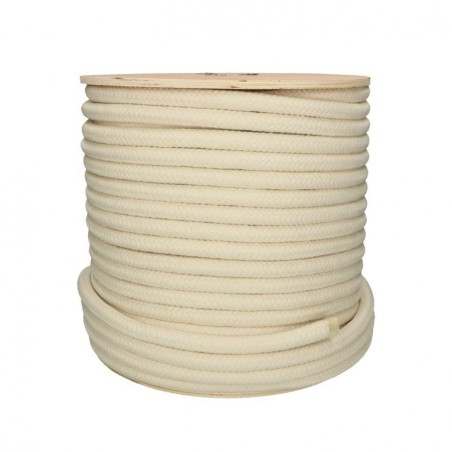Environmental factors such as elevated temperatures and humidity levels pose a significant challenge for swine production on a global scale. Heat stress negatively affects animal welfare indicators and productive performance and generates economic losses for producers. On the other hand, to enhance the growth of pigs in their final stage, intensive systems have resorted to various synthetic compounds, including β-adrenergics and antibiotics, some of which are currently prohibited. In this context, evaluating the incorporation of secondary plant metabolites, phytochemicals, into monogastric diets as a natural alternative to synthetic growth promoters has gained attention. Among these secondary metabolites, phenolic compounds have sparked considerable interest. The present study aims to evaluate physiological variables, productive performance, and carcass quality of finishing pigs supplemented with ferulic acid and grape pomace meal for 31 days prior to slaughter under heat stress conditions. Forty Yorkshire × Duroc pigs (80.23 kg) were individually housed and randomly distributed into 4 groups under a 2 × 2 factorial arrangement (n = 10): Control (basal diet); ferulic acid, basal diet + 25 mg ferulic acid; grape pomace meal, basal diet with 2.5% grape pomace meal; and basal diet with 25 mg ferulic acid and 2.5% grape pomace meal. Additives were supplemented for 31 days.
The inclusion of ferulic acid and grape pomace meal in the diet did not affect any of the physiological variables evaluated, neither rectal temperature nor respiratory rate. On the contrary, there was an effect of the interaction on feed intake, which increased when only grape pomace meal was supplemented, with respect to Control and basal diet with 25 mg ferulic acid and 2.5% grape pomace meal. Average daily gain and feed conversion were not affected by treatments. The inclusion of ferulic acid improved hot and cold carcass weight, while the addition of grape pomace meal decreased the marbling and tended to increase loin area.

The results indicate that the combined supplementation of ferulic acid and grape pomace meal can improve some carcass characteristics under heat stress conditions.
Ospina-Romero MA, Medrano-Vázquez LS, Pinelli-Saavedra A, Sánchez-Villalba E, Valenzuela-Melendres M, Martínez-Téllez MA, Barrera-Silva MA, González-Ríos H. Productive Performance, Physiological Variables, and Carcass Quality of Finishing Pigs Supplemented with Ferulic Acid and Grape Pomace Subjected to Heat Stress Conditions. Animals 2023; 13: 2396. https://doi.org/10.3390/ani13142396




